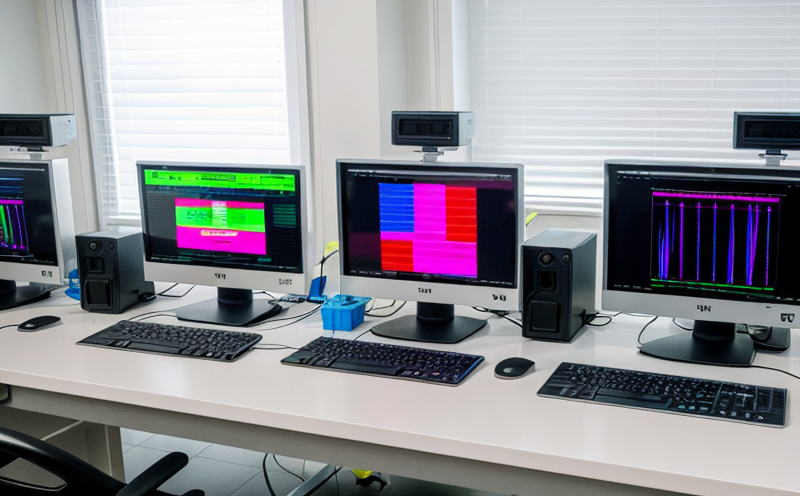CDC SARS-CoV-2 PCR Detection and Quantification Testing
The Centers for Disease Control and Prevention (CDC) SARS-CoV-2 PCR testing is a cornerstone of infectious disease management. This highly sensitive nucleic acid amplification test detects the presence and quantifies the amount of viral RNA in a given sample, providing critical information to healthcare providers and public health officials.
The CDC has established stringent protocols for performing this test, which are aligned with international standards such as ISO 15189 and ANSI CLIA. The process begins with proper specimen collection from patients suspected of SARS-CoV-2 infection. Specimens can include nasopharyngeal swabs, throat swabs, or sputum samples.
Once collected, the specimens are transported to the laboratory under appropriate conditions to preserve RNA integrity. Upon arrival, trained technicians perform rigorous quality checks and prepare the samples for nucleic acid extraction using commercial kits that follow protocol guidelines provided by the CDC and other recognized authorities.
The extracted viral RNA is then subjected to reverse transcription followed by polymerase chain reaction (RT-PCR). This step amplifies the specific viral sequences, allowing detection even at very low concentrations. The PCR products are analyzed on agarose or acrylamide gels for visual confirmation of target amplicons.
For quantitative PCR, real-time PCR technology enables the monitoring of fluorescence intensity as a function of cycle number, which directly correlates with the amount of starting RNA present in the sample. This allows for precise quantification of viral load, providing valuable insights into the severity and transmissibility of an infection.
The results are reported to healthcare providers within 24-72 hours depending on lab processing times and demand levels. Reports typically include detailed information about the patient’s identity, specimen collection details, test methodology used, and quantitative or qualitative findings. These data help guide clinical decisions regarding treatment and isolation measures.
Quality assurance is paramount in ensuring reliable results. Our laboratory adheres strictly to CDC guidelines and international standards like ISO 15189 for proficiency testing, internal quality control procedures, and external audits conducted by regulatory bodies.
Benefits
- Precision: Provides accurate detection and quantification of SARS-CoV-2 RNA, facilitating precise diagnosis and treatment decisions.
- Rapid Insights: Enables quick identification of active infections to support timely interventions.
- Clinical Guidance: Offers critical data for patient management and public health strategies.
- Trusted Results: Adherence to CDC protocols ensures reliability and consistency in test outcomes.
Use Cases and Application Examples
Diagnostics: Used by healthcare providers to diagnose SARS-CoV-2 infections accurately.
Surveillance: Supports epidemiological studies to track the spread of the virus within communities.
Treatment Monitoring: Assists in monitoring response to antiviral therapies and adjusting treatment plans accordingly.
Contact Tracing: Helps identify individuals who have been exposed to the virus for public health measures.
Eurolab Advantages
Our laboratory stands out through its commitment to excellence, reliability, and compliance with international standards. We employ highly skilled professionals using state-of-the-art equipment and methodologies tailored specifically for SARS-CoV-2 PCR testing.
We have a robust quality management system in place that ensures every aspect of the testing process—from specimen collection instructions to final report generation—is meticulously followed. Our proficiency in this area means you can trust us with your critical biological and microbiological testing needs.





